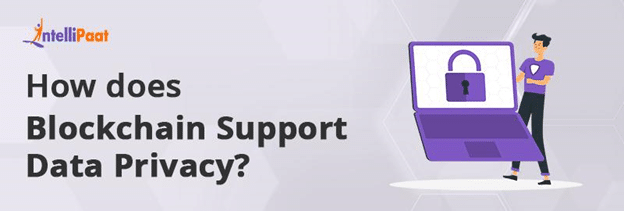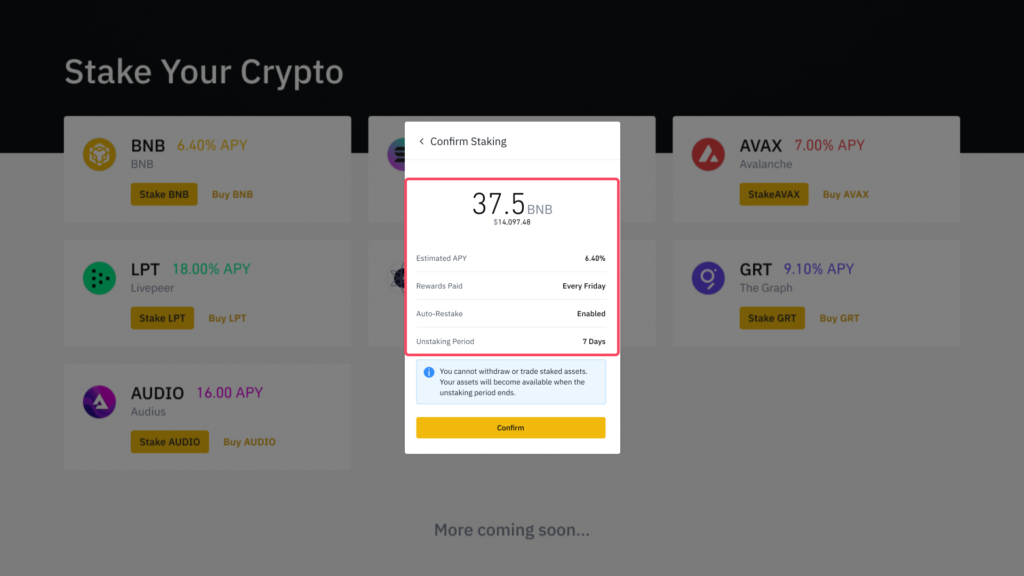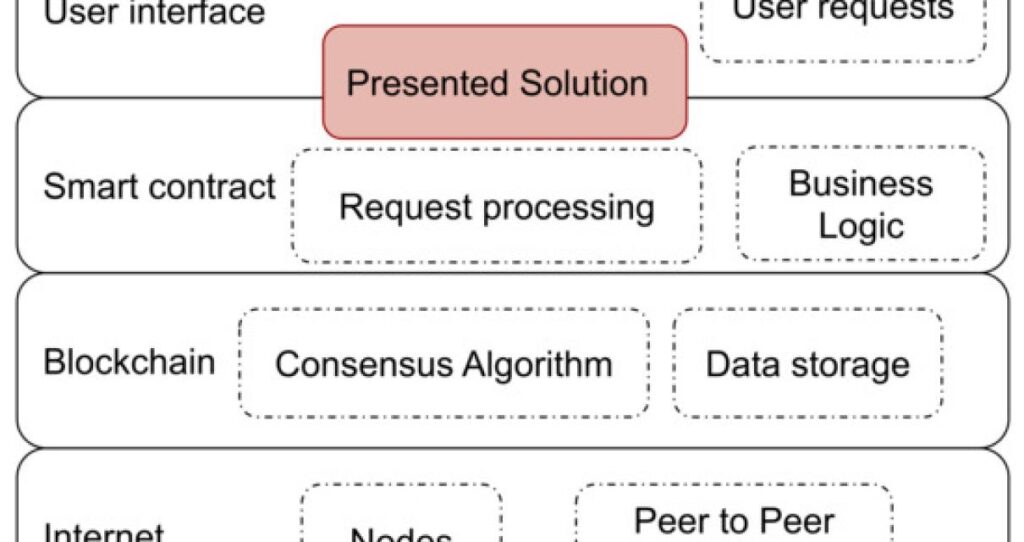In today’s digital age, data privacy has become a major concern for individuals and organizations alike. With the increasing amount of personal and sensitive information being shared online, the need for a secure and reliable system to protect this data has become more important than ever. This is where blockchain technology comes in to play.
Blockchain, often associated with cryptocurrencies like Bitcoin, is a decentralized distributed ledger that records transactions in a secure and transparent manner. While it was initially developed to support financial transactions, its potential applications have expanded to a range of industries, including healthcare, supply chain, and data privacy. Blockchain offers a unique solution to the problem of data privacy by providing a secure and tamper-proof system to store and share data. In this article, we will explore how blockchain supports data privacy and the benefits it offers to individuals and organizations.
Blockchain technology provides a secure way to store data and maintain its privacy. Data stored on a blockchain is encrypted, meaning only those with access to the keys can view the data. Transactions are also stored on the blockchain and can only be accessed with permission from the users involved. Additionally, data is stored in a decentralized network, making it difficult for hackers to access and manipulate. This offers users greater assurance that their data is secure and private.

What is Blockchain Technology?
Blockchain technology is a digital ledger system that records transactions and stores them in the form of blocks. The blocks are cryptographically linked together in a chain, which makes it virtually impossible to change or alter the data stored in them. The technology is decentralized, meaning it is not controlled by any single authority, and it is secure, as it is resistant to manipulation and tampering.
Blockchain technology is used in a variety of industries, including finance, healthcare, energy, and government. It is becoming increasingly popular due to its ability to provide secure, transparent, and immutable records of transactions.
How Does Blockchain Support Data Privacy?
Data Encryption
Data stored on a blockchain is encrypted, meaning it is converted into a code that makes it unreadable to anyone who does not have the encryption key. This ensures that the data is secure and can only be accessed by authorized users.
Data encryption is a key feature of blockchain technology. It ensures that the data stored on the blockchain is secure and can only be accessed by those who have the encryption key. This helps protect user privacy and prevents unauthorized access to sensitive information.
Decentralization
The decentralized nature of blockchain technology makes it difficult for hackers to gain access to data stored on the blockchain. Since the data is stored across multiple computers on the network, it is impossible for a single entity to access and modify the data. This makes it more secure than centralized systems, which can be vulnerable to hacking.
In addition, since the data is stored on a distributed network, it is more difficult for malicious actors to manipulate the data. This helps protect user privacy and ensures that the data stored on the blockchain remains secure and accurate.
Smart Contracts
Smart contracts are computer protocols that execute transactions and store data on a blockchain. These contracts are self-executing and self-enforcing, meaning that they can be used to control access to sensitive data. For example, a smart contract can be used to set rules for who can access a certain piece of data and when.
Smart contracts provide an additional layer of security and privacy for data stored on a blockchain. They can be used to control who can access data and when, ensuring that the data remains secure and private.
Frequently Asked Questions
Blockchain technology provides secure data storage and privacy for digital data. It offers secure and reliable data protection, as well as the ability to track and trace data. This makes it an ideal technology for data privacy.
How does blockchain support data privacy?
Blockchain technology can be used to secure data and protect user privacy. It uses cryptographic techniques, such as hashing and digital signatures, to store data securely. All data that is stored on the blockchain is encrypted and only accessible to authorized users. This ensures that data is kept secure and private. Furthermore, the blockchain is immutable, meaning that all data stored on it is permanent and cannot be changed. This makes it difficult for hackers to access and alter data on the blockchain.
In addition, blockchain technology allows for the tracking and tracing of data. This means that data can be tracked and traced, and any changes to the data can be monitored. This helps to ensure that data is not misused or mishandled. Furthermore, data can be stored in a distributed ledger, which is spread across multiple computers, making it difficult for any one person to access it and make changes. This makes it a secure and private method of data storage.
How Does Blockchain Support Data Privacy? #blockchain
In conclusion, blockchain technology offers a robust solution to data privacy concerns. The decentralized nature of the technology ensures that no single entity can control the data, and any changes to the data must be agreed upon by the entire network. Additionally, the use of cryptographic algorithms ensures that the data is secure and cannot be tampered with. These features make blockchain an ideal solution for industries that require privacy, such as healthcare and finance.
Furthermore, the use of blockchain for data privacy is not limited to large corporations and institutions. Individuals can also benefit from the technology by using blockchain-based applications that prioritize user privacy. With the rise of data breaches and privacy violations, blockchain technology provides a much-needed safeguard for sensitive information. As blockchain continues to evolve and gain wider adoption, it has the potential to revolutionize the way we think about data privacy and security.




